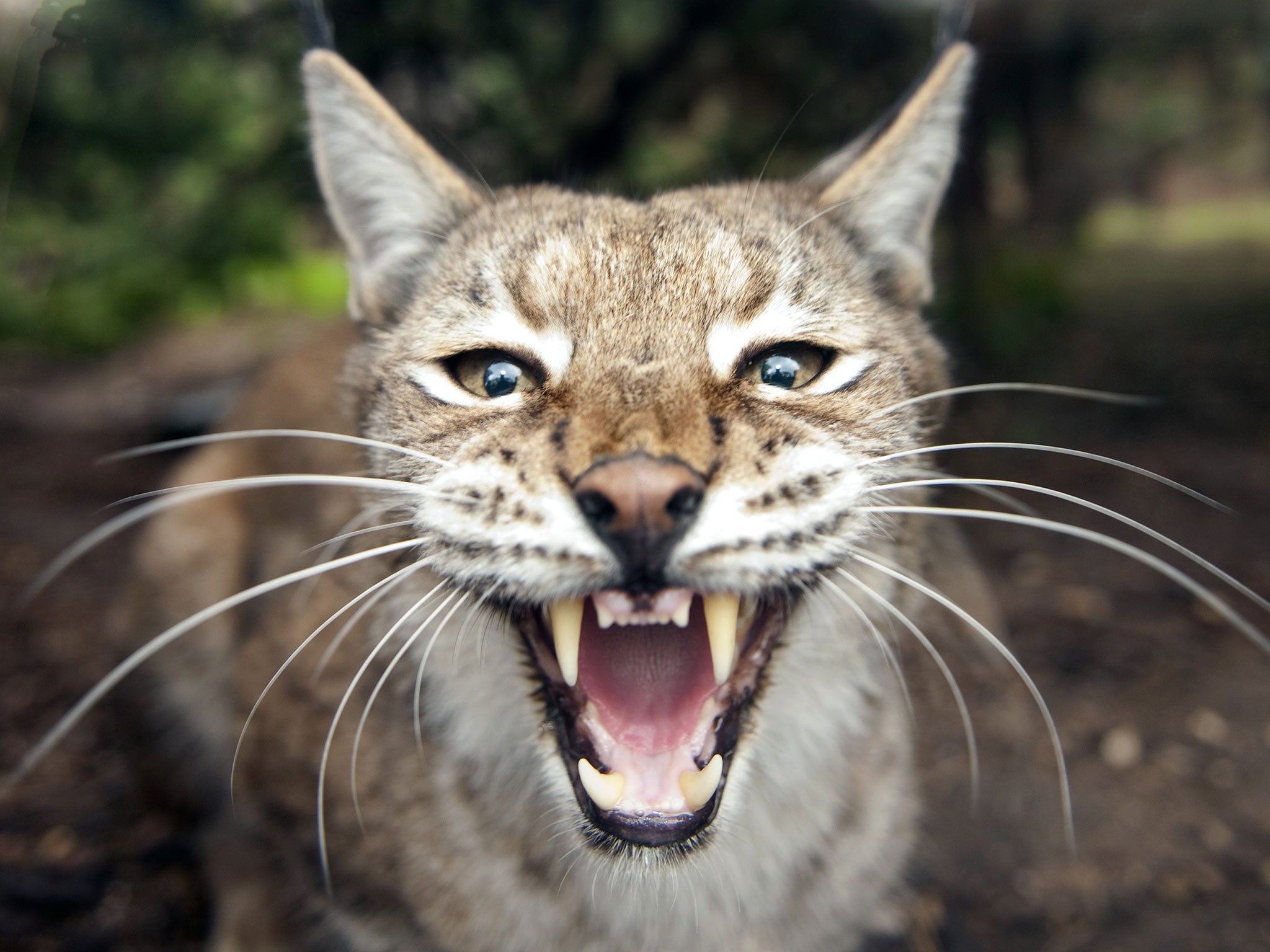Kielder Forest considered as site for return of wild lynx to the UK after 1,300 year absence
The Northumberland forest has a large deer population

Your support helps us to tell the story
From reproductive rights to climate change to Big Tech, The Independent is on the ground when the story is developing. Whether it's investigating the financials of Elon Musk's pro-Trump PAC or producing our latest documentary, 'The A Word', which shines a light on the American women fighting for reproductive rights, we know how important it is to parse out the facts from the messaging.
At such a critical moment in US history, we need reporters on the ground. Your donation allows us to keep sending journalists to speak to both sides of the story.
The Independent is trusted by Americans across the entire political spectrum. And unlike many other quality news outlets, we choose not to lock Americans out of our reporting and analysis with paywalls. We believe quality journalism should be available to everyone, paid for by those who can afford it.
Your support makes all the difference.Wild lynx are to be reintroduced into Britain for the first time in 1,300 years – and a forest full of deer in Northumberland is being considered as their new habitat.
Proposals to re-introduce the big cats into private estates in Aberdeenshire, Cumbria and Norfolk are being led by the Lynx UK Trust.
The Trust is now considering Kielder Forest, in Northumberland, as another site, according to the BBC. The area has a large deer population which would provide a source of prey for the lynx.
However, sheep farmers have raised concerns that the animals could attack sheep in the area. The Lynx UK Trust will hold a public consultation over the proposals before formally applying with Natural England and Scottish Natural Heritage.
Chief scientific specialist Dr Paul O'Donoghue, of the Lynx Trust, said: "These are beautiful cats which will fit beautifully into the UK environment.
"They're extremely shy animals which have never attacked a human anywhere they live, and everywhere they live their preferred prey is deer which we have a serious overpopulation issue with in the UK."
Join our commenting forum
Join thought-provoking conversations, follow other Independent readers and see their replies
Comments